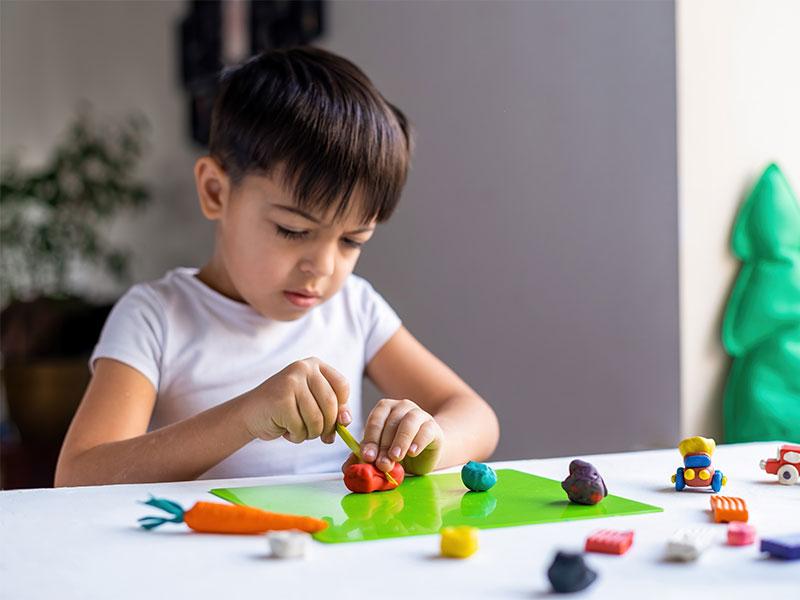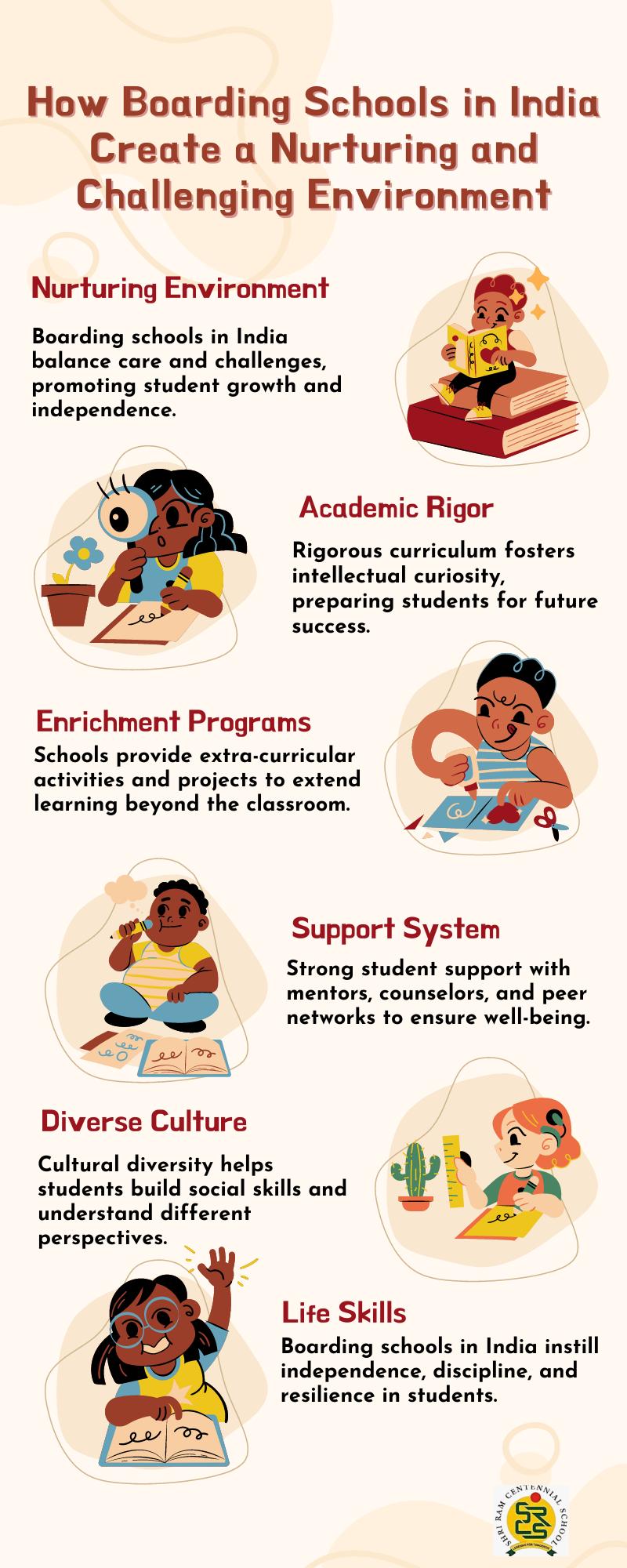In today’s competitive world, selecting the right extracurricular activities for your child is more crucial than ever, serving not only as a supplement to academic learning but also as a vital component in the development of essential life skills. Parents are often faced with a myriad of options, ranging from sports and arts to science clubs and volunteer work, each promising unique benefits. Yet, the challenge lies in discerning which activities will genuinely enrich a child’s growth and align with their individual interests and strengths. This article delves into a strategic approach to navigating these choices, equipping parents with the analytical tools needed to make informed decisions. By understanding the impact of extracurricular involvement on personal development, social skills, and future opportunities, you can confidently guide your child toward activities that will foster their potential and ignite their passions.
Understanding Your Childs Interests and Strengths
To ensure your child thrives in their extracurricular pursuits, it’s essential to first gain a deep understanding of their unique interests and strengths. Start by observing their natural inclinations. Do they gravitate towards artistic endeavors like drawing or painting? Or perhaps they show a keen interest in technology and gadgets? Engage in conversations with them about their favorite activities and what they enjoy most about them. By listening actively, you’ll uncover subtle cues that reveal their genuine passions.
- Interest Exploration: Encourage your child to try a variety of activities. This exploration phase is crucial for discovering what truly captivates their attention.
- Strength Identification: Pay attention to tasks they excel in or show rapid improvement. These are often indicators of their innate strengths.
- Feedback Loop: Create a feedback system where your child can express what they like or dislike about an activity. This dialogue helps refine choices and ensures alignment with their evolving interests.
By aligning extracurricular activities with your child’s interests and strengths, you not only foster personal growth but also cultivate a lifelong passion that enhances their overall development.
Evaluating the Educational and Social Benefits
When considering extracurricular activities for your child, it is crucial to evaluate both the educational and social benefits these activities offer. Educationally, activities like debate clubs, science fairs, and coding workshops can significantly enhance a child’s intellectual growth. They provide a platform for developing critical thinking skills, encouraging curiosity, and fostering a love for learning beyond the classroom. In particular, participation in STEM-related activities can inspire future career interests and offer practical, hands-on experience that solidifies classroom concepts.
On the social front, extracurricular activities play a vital role in shaping a child’s interpersonal skills and emotional intelligence. Being part of a sports team, drama club, or music group allows children to build friendships, learn teamwork, and develop a sense of belonging. These activities help children understand diverse perspectives and practice empathy. The social skills gained through such interactions are invaluable, equipping children to navigate various social settings confidently.
- Improved communication skills
- Enhanced teamwork abilities
- Increased self-esteem and confidence
- Opportunities for leadership development

Balancing Commitments and Avoiding Over-Scheduling
Ensuring that your child has a well-rounded schedule involves a careful balancing act. It’s essential to recognize the signs of over-scheduling, which can lead to stress and burnout. Start by evaluating your child’s current commitments and identifying their priorities. Ask yourself these questions:
- Interest and Passion: Does the activity align with your child’s interests and passions?
- Time Commitment: How many hours per week will the activity require, including travel and preparation time?
- Balance: Are there enough free time slots for rest and unstructured play?
Remember, the goal is not to fill every hour with activities but to foster a healthy balance between structured learning and free time. Encourage your child to voice their feelings about their schedule, and make adjustments as needed. By prioritizing quality over quantity, you can help your child engage more deeply in each activity, promoting both personal growth and enjoyment.

Involving Your Child in the Decision-Making Process
Engaging your child in choosing their extracurricular activities can empower them and lead to more meaningful participation. Children are more likely to enjoy and commit to activities they have a hand in selecting. Start by having an open conversation with your child about their interests and passions. Encourage them to think about what they enjoy doing in their free time and what new skills they might like to develop. This dialogue can help them feel valued and understood, promoting a sense of ownership over their choices.
Consider creating a list of potential activities together, highlighting the pros and cons of each option. This approach not only helps your child understand the decision-making process but also teaches them to weigh different factors before reaching a conclusion. Encourage them to think about:
- Time commitment: Does the activity fit into their current schedule?
– Social aspects: Will they have the opportunity to make new friends?
– Skill development: What skills will they learn or enhance?
- Enjoyment: Is this something they are excited about?
By guiding them through this process, you foster critical thinking and decision-making skills, while ensuring the extracurricular activities they choose are aligned with their interests and aspirations.



